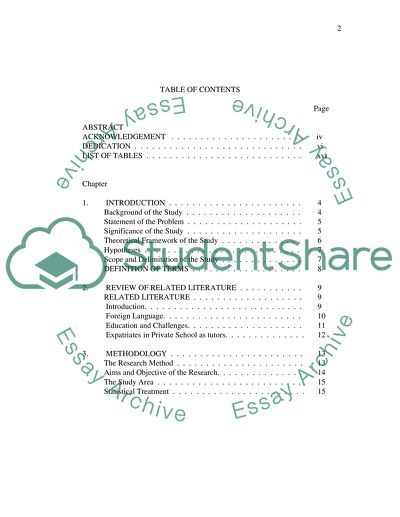Cite this document
(“The Impact of Private Education In Saudi Arabia On Expatriate Teachers Research Proposal”, n.d.)
Retrieved from https://studentshare.org/education/1515312-the-impact-of-private-education-in-saudi-arabia-on-expatriate-teachers-and-students
Retrieved from https://studentshare.org/education/1515312-the-impact-of-private-education-in-saudi-arabia-on-expatriate-teachers-and-students
(The Impact of Private Education In Saudi Arabia On Expatriate Teachers Research Proposal)
https://studentshare.org/education/1515312-the-impact-of-private-education-in-saudi-arabia-on-expatriate-teachers-and-students.
https://studentshare.org/education/1515312-the-impact-of-private-education-in-saudi-arabia-on-expatriate-teachers-and-students.
“The Impact of Private Education In Saudi Arabia On Expatriate Teachers Research Proposal”, n.d. https://studentshare.org/education/1515312-the-impact-of-private-education-in-saudi-arabia-on-expatriate-teachers-and-students.


